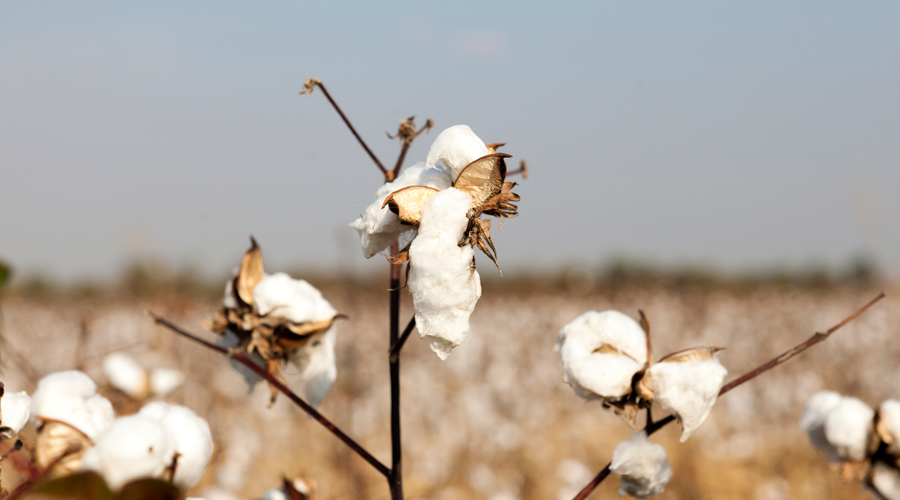Textile Exchange (TE) listed apparel brands doing the most to enhance sustainability in the textile supply chain through their use of organic cotton and other “preferred fibers.”
With 89 participants this year, an increase from last year’s 56 participants, TE’s “Top 10 leaderboards” show the return of some familiar faces and also a number of new entries. The lists are featured in two reports the non-profit released Thursday.
“The companies featured in these reports, range from those that focus on one fiber to those using a whole variety of fibers and materials,” said TE Managing Director La Rhea Pepper.
C&A, for instance, maintained its top position in organic cotton and achieved high rankings with its use of down and Lyocell thanks to the hard work of its global designers, buyers and sourcing colleagues, said Jeffrey Hogue, C&A’s Global Chief Sustainability Officer.
“These results are encouraging as they show that we are making a significant difference in sourcing more sustainable raw materials and improving our environmental and social impacts,” Hogue said.
C&A is striving to source 100 percent of its cotton and 67 percent of all raw materials from verified more sustainable sources by 2010.
H&M, which just launched a sports collection, also made the lists for its leadership in the fashion industry.
“We are constantly on the lookout for innovative materials and processes which can make our products more sustainable,” said Madelene Ericsson, Sustainability Business Expert, for H&M. “We are happy to see that our efforts to continue increasing the use of materials such as recycled polyester, organic cotton, Lyocell or certified down is recognized in this report by Textile Exchange.”
The Organic Cotton Market report (OCMR) provides an annual deep dive into the global production, consumption, key trends, challenges and opportunities, and inspiring stories from across the sector, including brands getting closer to their value chain and working directly with producers.
The Preferred Fiber Market report (PFMR) offers a snapshot of the wider preferred fiber and materials landscape, with a focus on growth and changes in the industry. It pays particular attention to Textile Exchange’s identified “lead” fibers: recycled polyester, lyocell, certified down and preferred cottons.
PFMR also features the Standards that are being developed in the preferred fiber sector, including the Responsible Wool Standard (RWS), which was released at the Outdoor Show in Friedrichshafen earlier this month.
The OCMR and PMFR are TE member benefits and are available for purchase by nonmembers. A complimentary, high level overview of each report is also available to the public by clicking the link to each report above. Textile Exchange will host complimentary webinars in the month of August covering each report in greater detail. Visit the TE website to register for the webinar(s) of your choice.
Headquartered in the heart of the U.S. cotton industry in Lubbock, Texas in 2002, TE is a global nonprofit organization that works closely with all sectors of the textile supply chain to find the best ways to minimize and even reverse the negative impacts on water, soil, air, animals, and the human population created by this $1.7 trillion industry. TE accomplishes this by providing the knowledge and tools the industry needs to make significant improvements in three core areas: Fiber and Materials, Integrity and Standards, and Supply Chain.
















